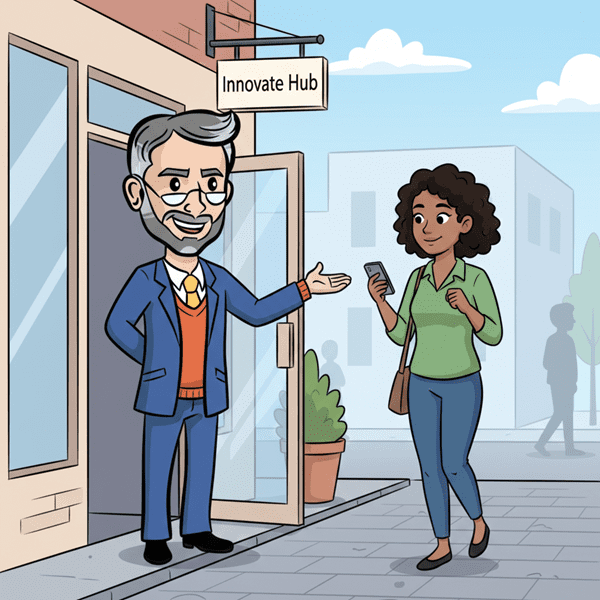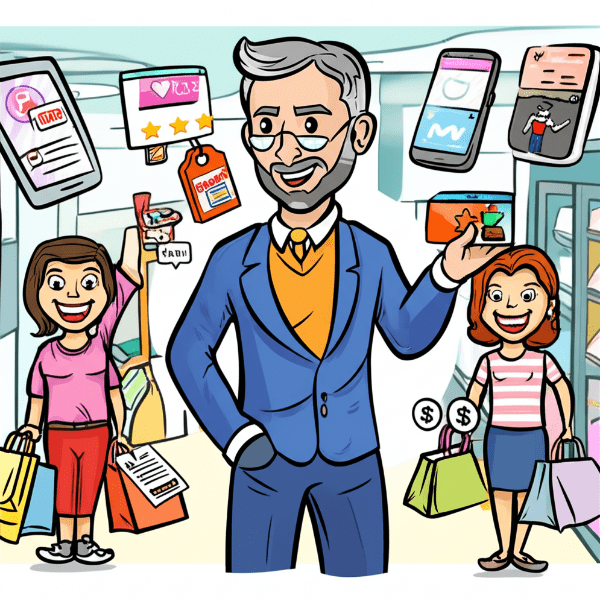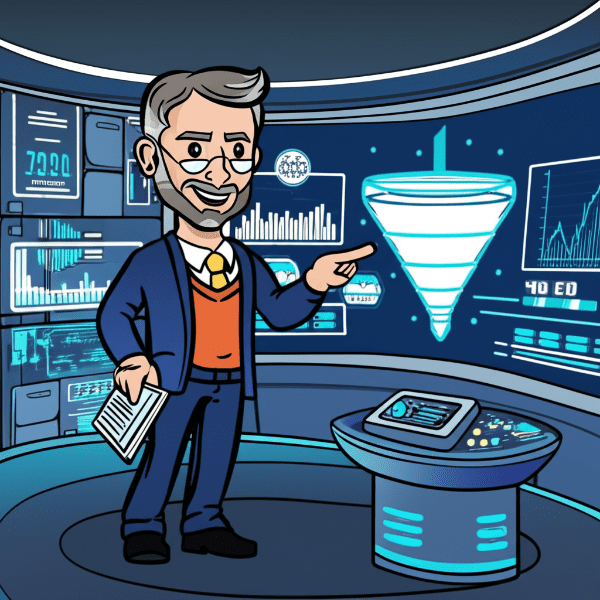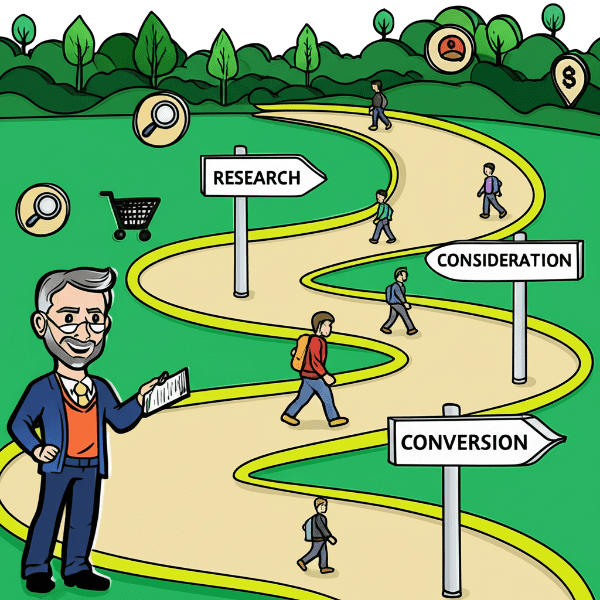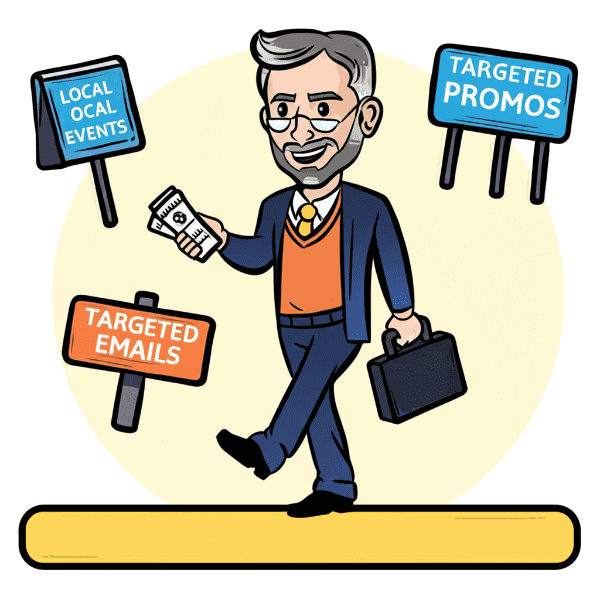What is Brand Engagement?
Brand engagement refers to the emotional connection and interaction between a brand and its customers. It measures how much consumers feel connected to, interact with, and are loyal to a brand over time. Engaged customers are more likely to make repeat purchases, recommend the brand to others, and advocate for it on social media and other platforms. This relationship is built through consistent, meaningful interactions that resonate with the audience and align with their values and expectations.
Example in a Sentence: The company’s creative social media campaigns significantly increased brand engagement, leading to higher customer retention and word-of-mouth referrals.
Why is Brand Engagement Important?
Brand engagement is essential because it fosters long-term customer loyalty and drives business growth. Engaged customers not only buy more frequently but also become brand advocates, spreading positive word-of-mouth and attracting new customers. This emotional connection helps differentiate a brand in a crowded marketplace, making it more resilient to competition.
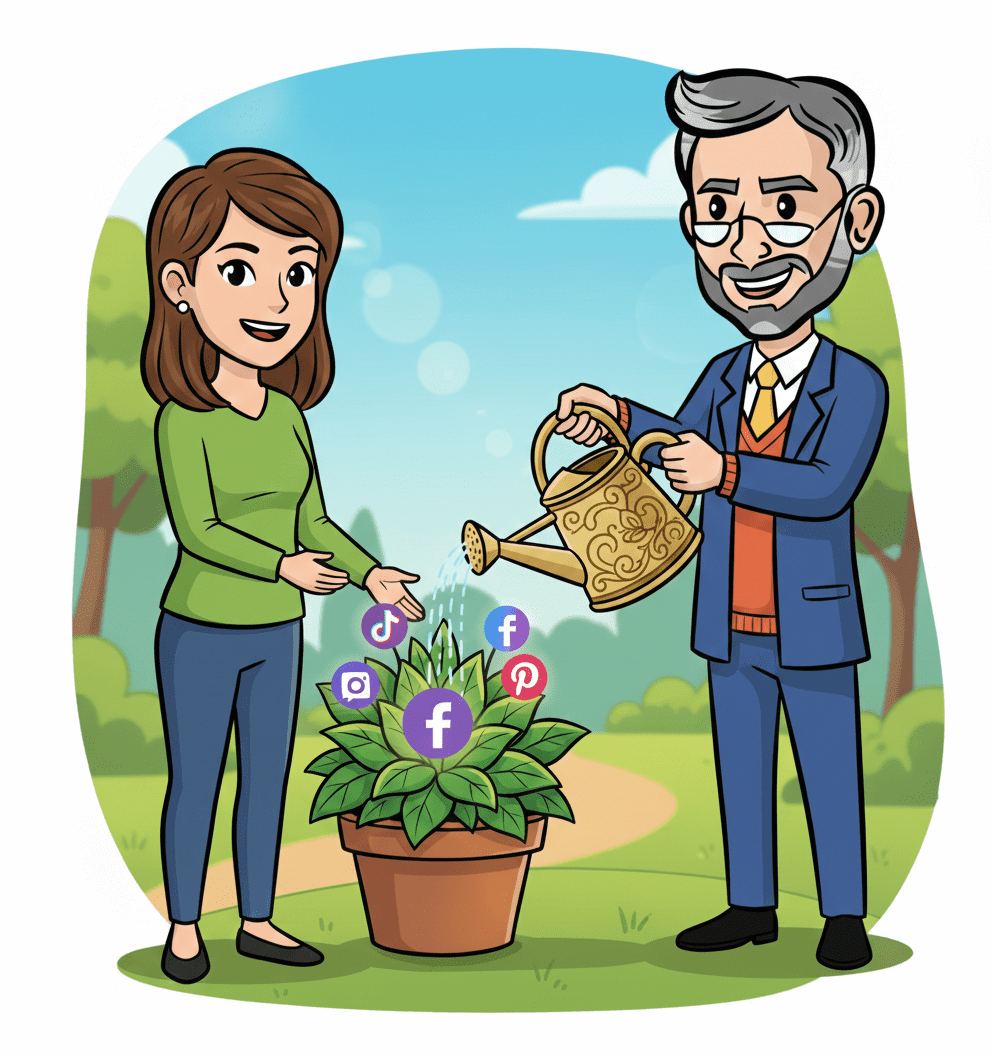
Furthermore, strong brand engagement leads to valuable customer feedback, enabling businesses to improve their products and services. It also increases customer lifetime value, as loyal customers tend to spend more over time. For example, brands that maintain high engagement through personalized experiences and consistent communication often see higher conversion rates and customer satisfaction. By leveraging strategic franchisor marketing techniques such as pre-launch waitlists, local lead generation, and targeted content, you can create demand for your brand.
How to Foster Brand Engagement
To build and maintain brand engagement, businesses should focus on several key strategies:
- Personalized Communication: Tailor messages to individual customer preferences and behaviors to make interactions more relevant and meaningful.
- Consistent Brand Voice: Maintain a cohesive and recognizable brand voice across all channels to build trust and familiarity.
- Interactive Content: Use polls, quizzes, and interactive posts on social media to encourage active participation from your audience.
- Customer Feedback and Involvement: Actively seek feedback and involve customers in product development or decision-making processes to make them feel valued.
- Loyalty Programs and Rewards: Offer incentives for repeat purchases and brand advocacy to strengthen the relationship with your audience.
For instance, a coffee shop that rewards frequent customers with exclusive offers or engages them through interactive social media challenges can significantly boost brand engagement.
Boost Your Sales with Expert Guidance
Our sales funnel course offers in-depth insights into building strong brand engagement strategies to drive customer loyalty and business growth. By implementing personalized communication, interactive content, and consistent branding, you can create lasting connections with your audience—ensuring your products stay top-of-mind and fostering long-term success.
More Definitions: Trophy Logos Definition, Buyer Persona Definition, Hot Wallet Definition, Pain Point Definition, Slack Definition, Variable Compensation Definition, X-Factor Definition, Content Strategy Definition
Useful Posts: “Doing Social” vs. Driving Business with Protocol Labs’ Wes Finley





